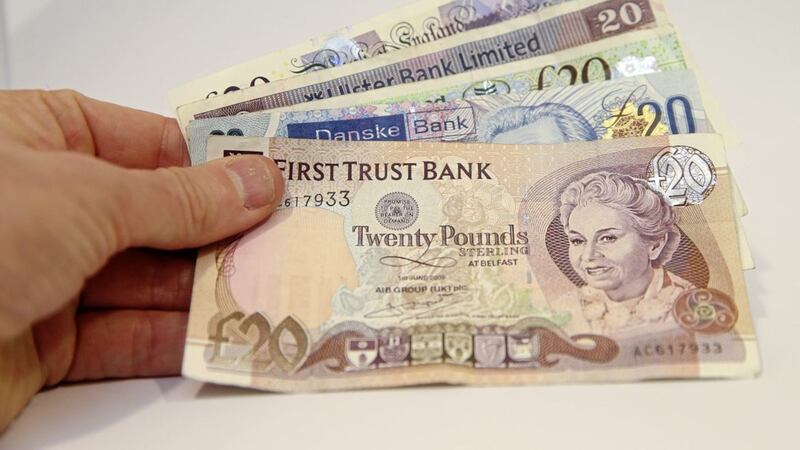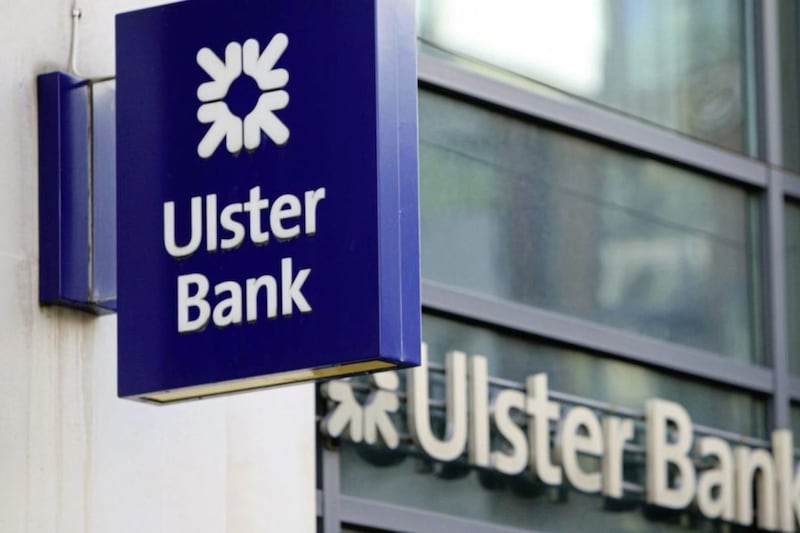FIRST Trust will become the first Northern Ireland-based bank to end the near-century practice of printing its own-denomination banknotes.
It revealed it will scrap its own banknotes next year and switch to dispensing Bank of England banknotes from its ATM network, though the currency can still be used until the end of June 2022, when it ceases to become legal tender.
Its decision comes as other banks invest in their own-brand notes, with Danske, Ulster and Bank of Ireland all in various stages of issuing their own polymer £5, £10 and £20 notes.
First Trust Bank has had its own banknotes since coming into existence in 1994, though the trend in its predecessor banks goes back to 1929 as Provincial Bank of Ireland and then from 1982 as Allied Irish Bank.
Like Scotland, the north has had its specifically-issued currency regulated by the Bankers (Northern Ireland) Act 1928, though they are technically not legal tender anywhere except their region of issue.
However, the notes all contain the word 'sterling' in the small-print and should still be accepted as currency elsewhere in the UK.
The local banks have all been granted legal rights to issue their currency, and back the notes with deposits at the Bank of England.
None of the banks have ever revealed the financial benefits - if there are any - front having their own notes, which are printed by De La Rue in London.
But the special currency has been part of the fabric of local society, literally in people's hands, purses and pockets.
First Trust said scrapping its own banknotes next year is a commercial decision which took into account the increasing use of digital payment methods and mobile technology.
Indeed in the UK as a whole, debit card payments overtook cash use for the first time in 2017, and not accounts for 76 per cent of all transactions.
Adrian Moynihan, head of First Trust Bank, said: “Our specific banknotes account for 11 per cent of notes in circulation in Northern Ireland and 0.4 per cent of notes in circulation across the UK.
"For most people this decision means they should begin receiving Bank of England banknotes instead of First Trust Bank banknotes from our ATM network.
"Any of our banknotes currently in circulation can be used as normal until midnight on June 30 2022, with special exchange arrangements in place after that date for any remaining banknotes in circulation.”
He added: “Our decision is solely in respect of our own banknote issuance, and we will continue to handle Bank of England banknotes or sterling banknotes issued by any of the other authorised note-issuing banks in Northern Ireland and Scotland as normal."
Mr Moynihan insisted First Trust remains "fully committed" to Northern Ireland and over the last year has invested £10 million in transforming the business, including in its digital offer.








